LI-COR Odyssey System Used for Imaging Animal Models of Alzheimer's Disease
Lincoln. The LI-COR Odyssey(R) Infrared Imaging System is being used as a detection platform for non-invasive screening of senile plaques in mice. Dr. Brian Bacskai and Jesse Skoch, researchers at Massachusetts General Hospital, are using the Odyssey System in their study of Alzheimer's disease.
In a paper detailing their research, the investigators note they used the Odyssey to capitalize on the two near infrared fluorescent channels the instrument provides. The researchers wanted to show that deep tissue detection of fluorescence within living animals is possible noting that the Odyssey has several advantages over positron emission tomography (PET). "The advantages of near infrared detection for non-invasive animal imaging are well documented," says Jim Wiley, LI-COR product marketing manager. "We are excited to see how the Odyssey is able to contribute to the understanding of such a devastating disease as Alzheimer's." Wiley adds, "a fundamental mission of our company is to provide tools to researchers that help in the quest to improve the quality of life."
The paper is available at http://www.licor.com/mouse.
The Odyssey Infrared Imaging System is uniquely equipped with two infrared channels for direct fluorescence detection on membranes with sensitivity that is equal to or better than chemiluminescence. The superior signal-to-noise ratio produced by the near infrared dyes produces results not possible with traditional fluorescence-based imaging systems.
Other news from the department business & finance
These products might interest you

Hahnemühle LifeScience Catalogue Industry & Laboratory by Hahnemühle
Wide variety of Filter Papers for all Laboratory and Industrial Applications
Filtration Solutions in the Life Sciences, Chemical and Pharmaceutical Sectors

Hydrosart® Ultrafilter by Sartorius
Efficient ultrafiltration for biotech and pharma
Maximum flow rates and minimum protein loss with Hydrosart® membranes

Hydrosart® Microfilter by Sartorius
Hydrophilic microfilters for bioprocesses
Minimal protein adsorption and high flow rates
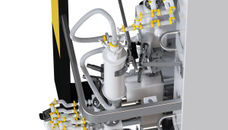
Sartobind® Rapid A by Sartorius
Efficient chromatography with disposable membranes
Increase productivity and reduce costs with fast cycle times

Sartopore® Platinum by Sartorius
Efficient filtration with minimal protein adsorption
Reduces rinsing volume by 95 % and offers 1 m² filtration area per 10"

Polyethersulfone Ultrafilter by Sartorius
Reliable filtration with PESU membranes
Perfect for biotechnology and pharmaceuticals, withstands sterilisation and high temperatures

Polyethersulfone Microfilter by Sartorius
Biotechnological filtration made easy
Highly stable 0.1 µm PESU membranes for maximum efficiency

Get the life science industry in your inbox
By submitting this form you agree that LUMITOS AG will send you the newsletter(s) selected above by email. Your data will not be passed on to third parties. Your data will be stored and processed in accordance with our data protection regulations. LUMITOS may contact you by email for the purpose of advertising or market and opinion surveys. You can revoke your consent at any time without giving reasons to LUMITOS AG, Ernst-Augustin-Str. 2, 12489 Berlin, Germany or by e-mail at revoke@lumitos.com with effect for the future. In addition, each email contains a link to unsubscribe from the corresponding newsletter.
Most read news
More news from our other portals
Last viewed contents
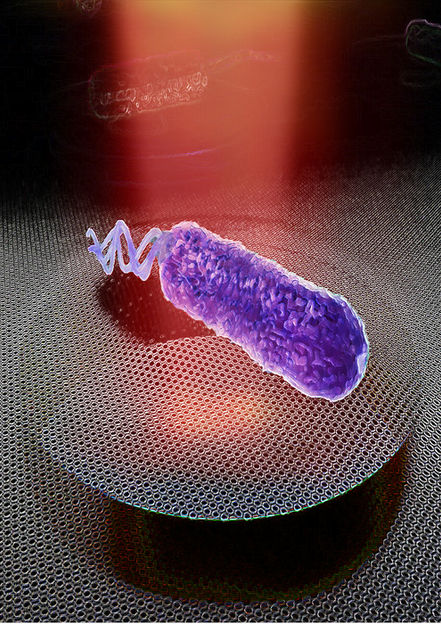
Bacterial soundtracks revealed by graphene membrane - Have you ever wondered if bacteria make distinctive sounds?

BioNTech to Raise USD 250 Million in Private Placement - The private placement includes an investment in ordinary shares and a investment in 4-year mandatory convertible notes
Eurofins opens new faciltiy in Livingston
Improving therapies for GI tumors
Actelion submits the registration dossier for macitentan to EMA
ProtAffin AG strengthens Scientific Advisory Board
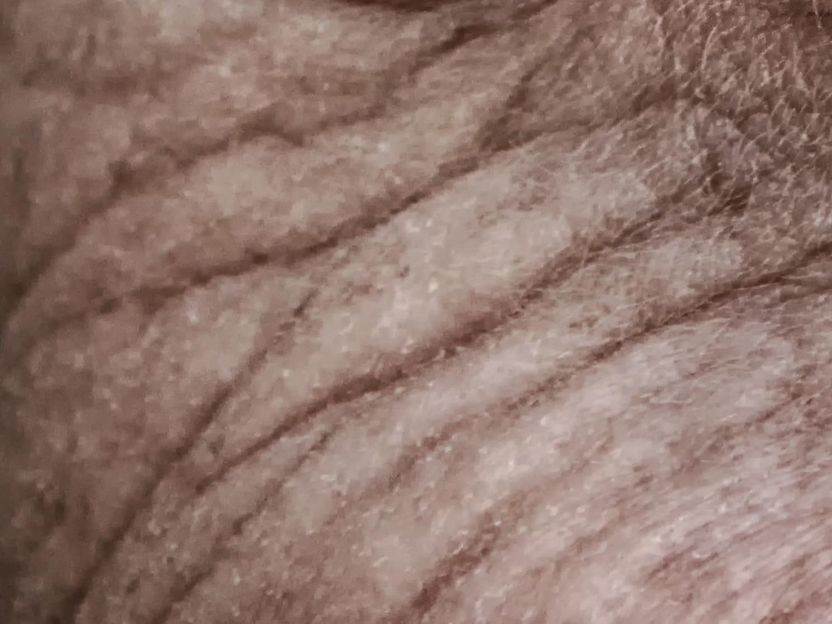
Study of skin biopsies offers potential as new diagnostic marker for Amyotrophic Lateral Sclerosis - The discovery of this biomarker detectable in small skin samples can be very useful for cases in which diagnosis is difficult
Memory in neural circuits
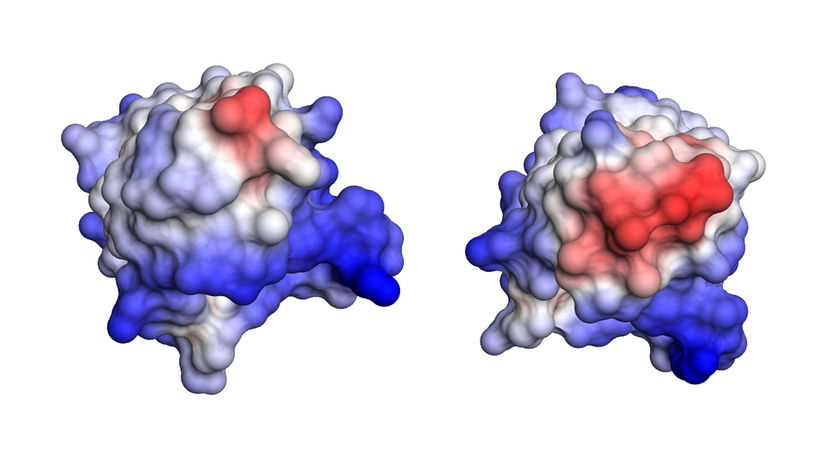
Fatal overproduction of antibodies - Mutations in plasma cells play a key role in light chain amyloidosis
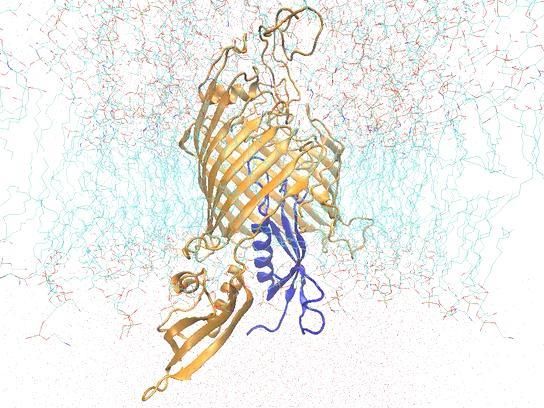
Click... Resistant bacteria caught in the act! - Scientists have succeeded in capturing unique images of protein soldiers that help bacteria resist drugs
Hesperion announces the opening of its Russian Moscow Office




















































